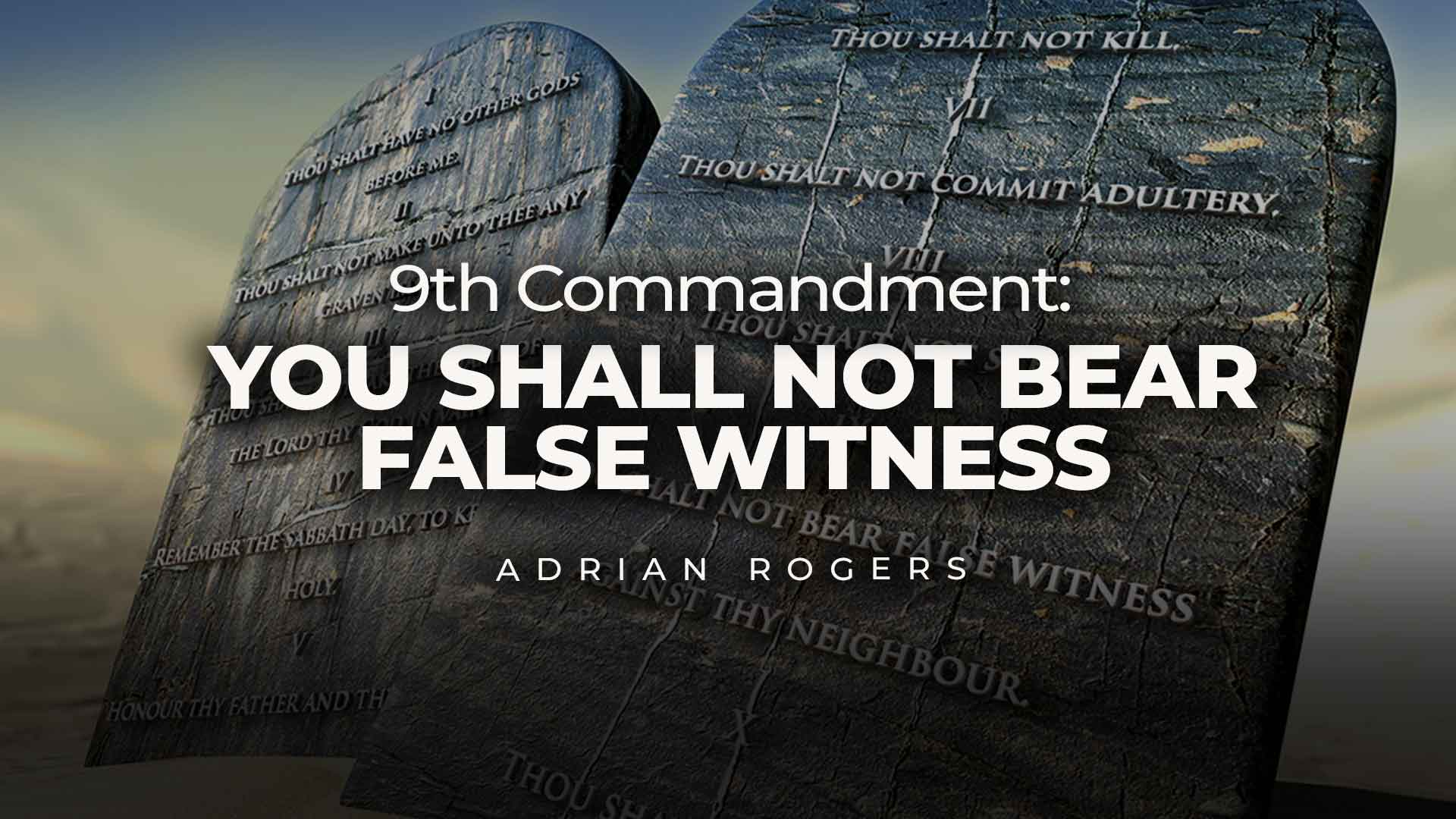Have you ever wondered what exactly constitutes false testimony in the Bible? In this blog post, we will dive into the concept of false testimony as outlined in the scriptures and explore its significance in our lives today. Understanding this important biblical principle can help us navigate ethical dilemmas and strive for honesty and integrity in all aspects of our lives. Join us as we uncover the truth about false testimony in the Bible and its relevance for us today.
Understanding False Testimony in the Bible: Unveiling the Truth
False Testimony in the Bible
False testimony, also known as bearing false witness, is condemned in the Bible as a serious offense. The ninth commandment in Exodus 20:16 explicitly states, “You shall not bear false witness against your neighbor.” This commandment highlights the importance of truthfulness and honesty in interpersonal relationships.
In the Old Testament, false testimony was punishable by law. Deuteronomy 19:16-21 outlines the consequences of bearing false witness in a legal context. It emphasizes the principle of justice and fairness, stating that false witnesses should receive the punishment they intended for the accused.
Proverbs 19:5 warns, “A false witness will not go unpunished, and whoever pours out lies will not go free.” This verse underscores the idea that those who give false testimony will ultimately face the consequences of their deceitful actions.
In the New Testament, Jesus also addresses the issue of false testimony. In Matthew 19:18, he reaffirms the commandment against bearing false witness. Additionally, in Matthew 26:59-61, false witnesses are used to testify against Jesus during his trial, highlighting the unjust nature of false accusations.
The apostle Paul echoes the importance of truthfulness in Ephesians 4:25, urging believers to “put away falsehood and speak the truth with [their] neighbor.” This admonition reflects the biblical emphasis on integrity and sincerity in communication.
Overall, false testimony is depicted in the Bible as a violation of God’s standard of truth and justice. It undermines the principles of honesty, fairness, and trustworthiness that are essential for harmonious relationships and a just society. Believers are called to uphold the truth and refrain from bearing false witness against others, recognizing the gravity of this sin in the eyes of God.
What is giving false testimony in the Bible?
Giving false testimony in the Bible, also known as bearing false witness, is condemned in the Ten Commandments. In Exodus 20:16 (NIV), it states, “You shall not give false testimony against your neighbor.” This commandment emphasizes the importance of truthfulness and honesty in interactions with others. Providing false testimony goes against the principles of justice and righteousness that are central to the teachings of the Bible. It is considered a serious sin and can have harmful consequences for individuals and communities.
What is an example of a false testimony?
An example of a false testimony in the context of the Bible can be found in the story of the trial of Jesus before the high priest and the Sanhedrin. In the Gospel of Matthew 26:59-60, it is recorded that “The chief priests and the whole Sanhedrin were looking for false evidence against Jesus so that they could put him to death. But they did not find any, though many false witnesses came forward.” This incident highlights the use of false testimony to unjustly accuse Jesus and ultimately lead to his crucifixion.
What does God say about being a false witness?
In the Bible, God speaks against being a false witness in the Ten Commandments found in Exodus 20:16. The commandment says, “You shall not bear false witness against your neighbor.” This commandment emphasizes the importance of truthfulness and honesty in our speech and interactions with others. Being a false witness goes against God’s desire for us to walk in integrity and love towards one another.
What is the difference between lying and bearing false witness?
In the context of the Bible, lying and bearing false witness are similar in that they both involve deception or falsehood. However, there is a specific distinction between the two terms.
- Lying refers to intentionally making false statements or deceiving others in any context.
- Bearing false witness, on the other hand, specifically refers to giving false testimony or spreading deceit in a legal or judicial setting, often with the intention of causing harm or injustice to another person.
Both lying and bearing false witness are considered sinful behaviors according to biblical teachings, as they go against the commandments to speak truthfully and to treat others justly.
FAQs
What does false testimony refer to in the Bible?
False testimony in the Bible refers to bearing false witness or giving untrue testimony against someone, which is considered a sin according to the Ten Commandments.
How serious is giving false testimony according to the Bible?
Giving false testimony is very serious according to the Bible as it goes against the commandment “Thou shalt not bear false witness” (Exodus 20:16). It is considered a sin and can lead to serious consequences both in this life and in the afterlife.
Are there any consequences outlined in the Bible for bearing false witness?
Yes, there are consequences outlined in the Bible for bearing false witness.

